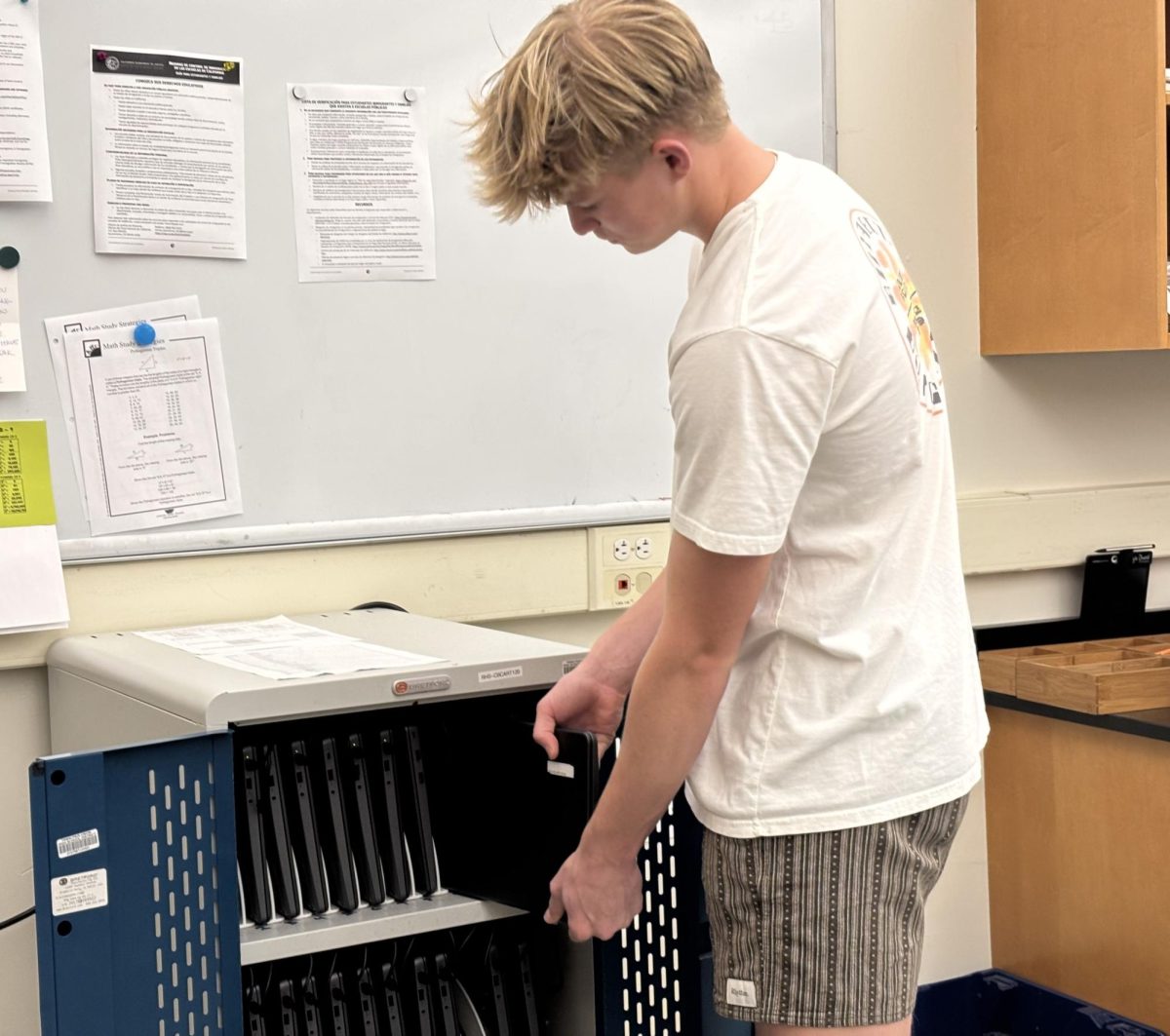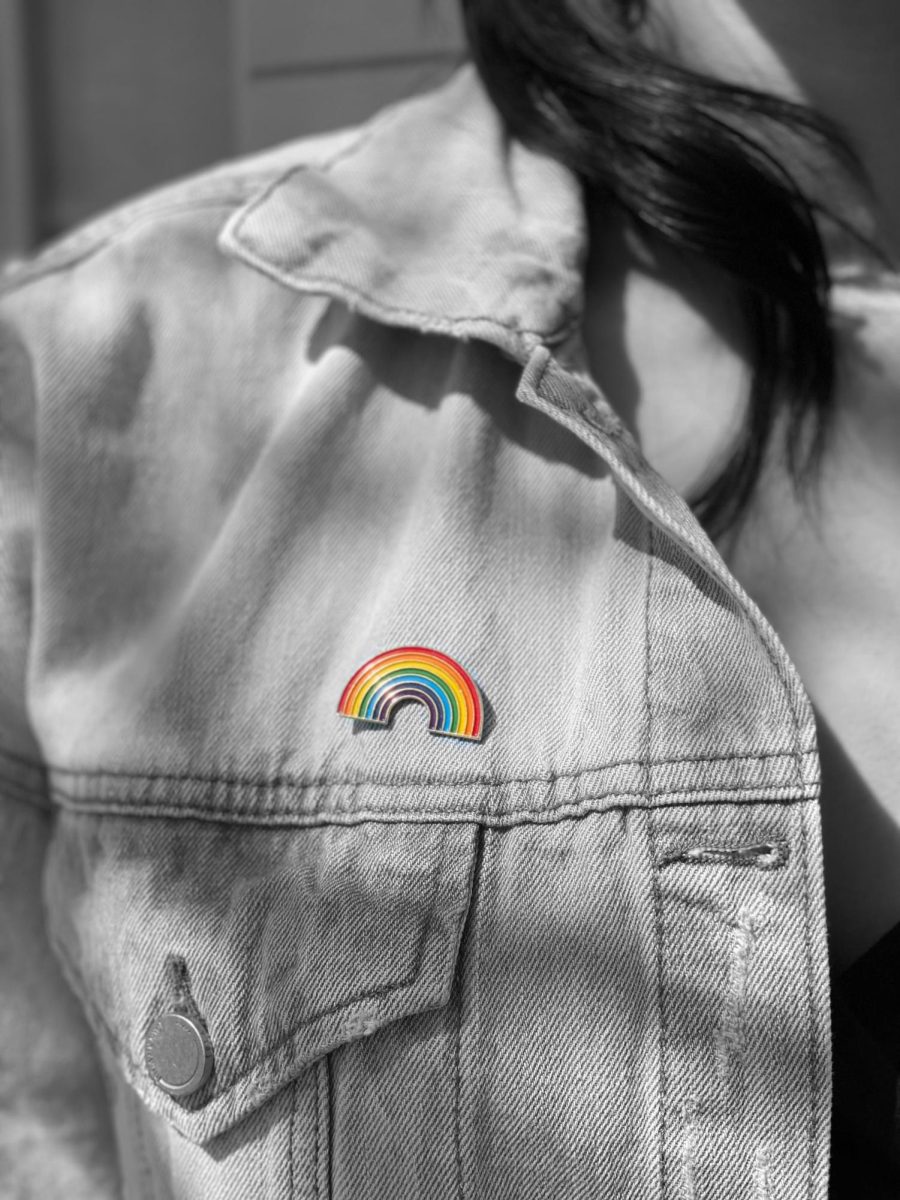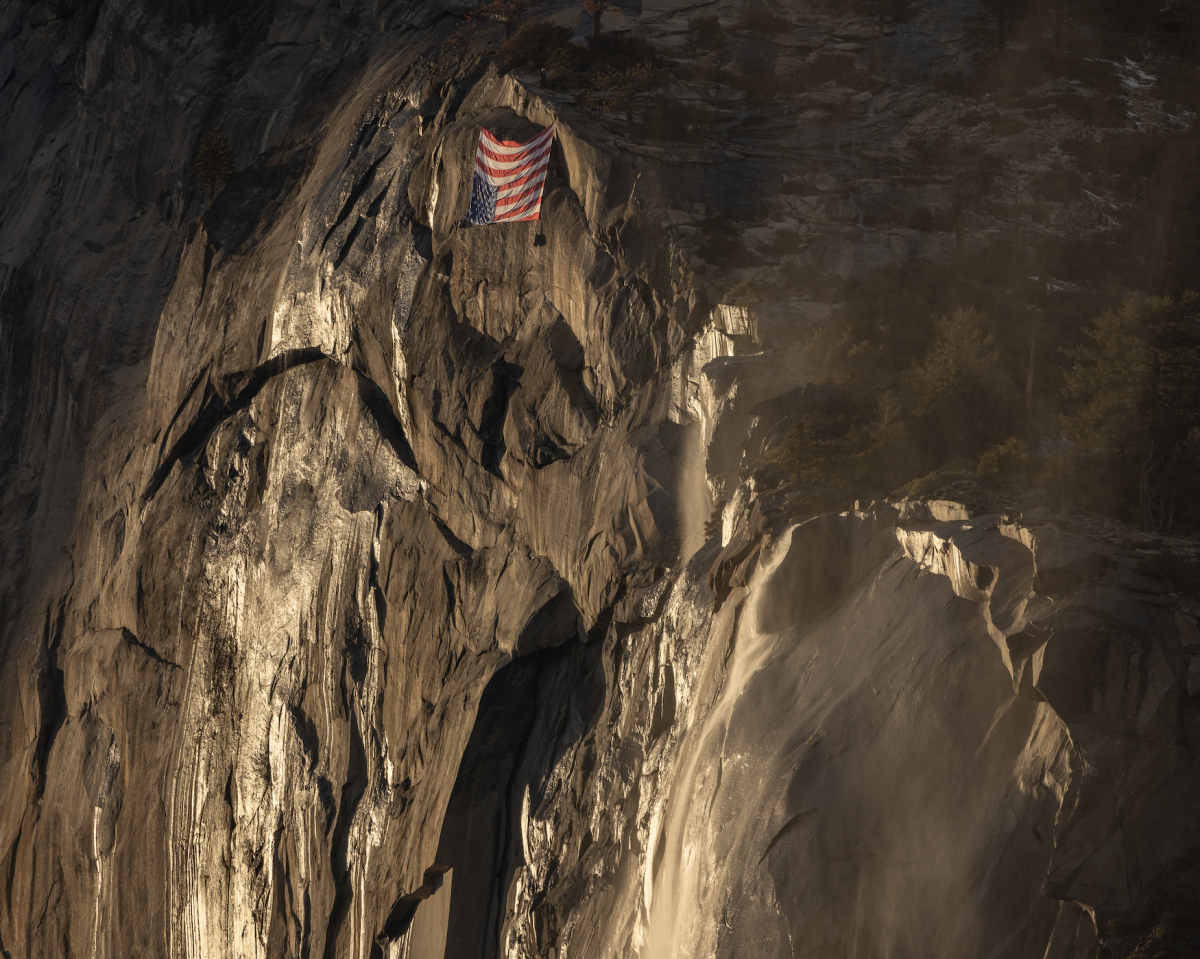On Thursday, Sep. 26, Nova Festival Survivor Itamar Shapira spoke at the Marin Art and Garden Center about his experience surviving the Oct. 7, 2023 massacre in Israel. The Nova Music Festival was a music festival that took place just north of the Israeli-Gaza border when heavily armed Hamas terrorists attacked. The Hamas attack resulted in the deaths of around 400 people, mostly citizens, and more than 40 people being taken hostage. The evening of remembrance, planned by the Chabad of West Marin, aimed to spread awareness of what happened to Shapira on Oct. 7, acknowledge those who lost their lives on Oct. 7 and recognize how the local community could help honor their lives.

The event started with Rabbi Moshe Berkowitz introducing the event and introducing the people presenting later in the night. After, Rabbi Mendel Misholovin said the opening words, and the audience had time to listen, pray for the hostages and take a moment of silence to reflect. Throughout the event, guitar player Asaf Omir played melodies. Next on the stage was Haddassa Berkowitz who spoke about the heroes who passed on Oct. 7 and their crucial role in defending Israel. Finally, Shapira was welcomed to the stage to present his story.
“I do not consider myself a survivor of the Oct. 7th Nova Music Festival,” Shapira said. Shapira holds this belief because he was only at the festival for half an hour, before hearing explosions and fleeing. Shapira was at the Nova Music Festival with his three friends and girlfriend when he heard rockets and the Iron Dome going off. The Iron Dome is Israel’s air defense system that protects the country from rockets being fired upon it by intercepting them. After he left the festival, more than 400 people were murdered and more than 40 people were kidnapped by Hamas terrorists, some of which are still being held hostage.
“I was used to the rockets because they get fired very often,” Shapira said.
When he heard the rockets, he gathered four of his friends and fled to the car. They drove as fast as they could in the heavily blocked traffic away from the chaos and passed by a bomb shelter where they decided to stop and wait until the rockets stopped. Along with them, 23 other people sought safety in the bomb shelter.

The audience asked Itamar Shapira how the local community can help with the ongoing war in Israel.
“When we got to the bomb shelter, it was covered in feces, trash and wasp nests because it hadn’t been used in a very long time,” Shapira said.
The Hamas terrorists threw eight grenades into the bomb shelter, and a rocket-propelled grenade was launched into the shelter, killing six of the people inside. While Shapira was telling his story, he showed the audience photos and videos of what happened outside the shelter. He then explained that the terrorists infiltrated the shelter, taking the first row of people as hostages, one of whom was Shapira’s friend, and attempted to kill everyone else left inside. The terrorists killed Shapira’s best friend and left him and his girlfriend alive, but with bullet wounds to the hands and legs.
“Every time we heard footsteps we would play dead. We would try not to make any noises, but it was very hard because there was trash and we didn’t want to put others around us in danger,” Shapira said.

The survivors had to pretend to be dead for several more hours, as they waited to be rescued. Terrorists continued to enter the shelter, checking to see if anybody was left alive.
“[The reason why we survived was] because of brave people, luck and heroes in other bomb shelters,” Shapira said.
Shapira himself was saved by a brave stranger trying to locate his own son when he came across the bomb shelter Shapira and other survivors were in. There were many similar situations on the same day where family members and friends of people who were trapped in bomb shelters rescued random people in need of help.
Shapira believes that it is important for everyone to educate themselves and others about the Israel-Hamas war, as misinformation is spread online about the conflict and the people involved. The night ended with Shapira answering questions from the audience about how they can help those who suffered on Oct. 7.
“The best thing you can do is donate and educate,” Shapira said.
The guests expressed their gratitude and a sense of deep conection for the personal experience Shapira shared.








